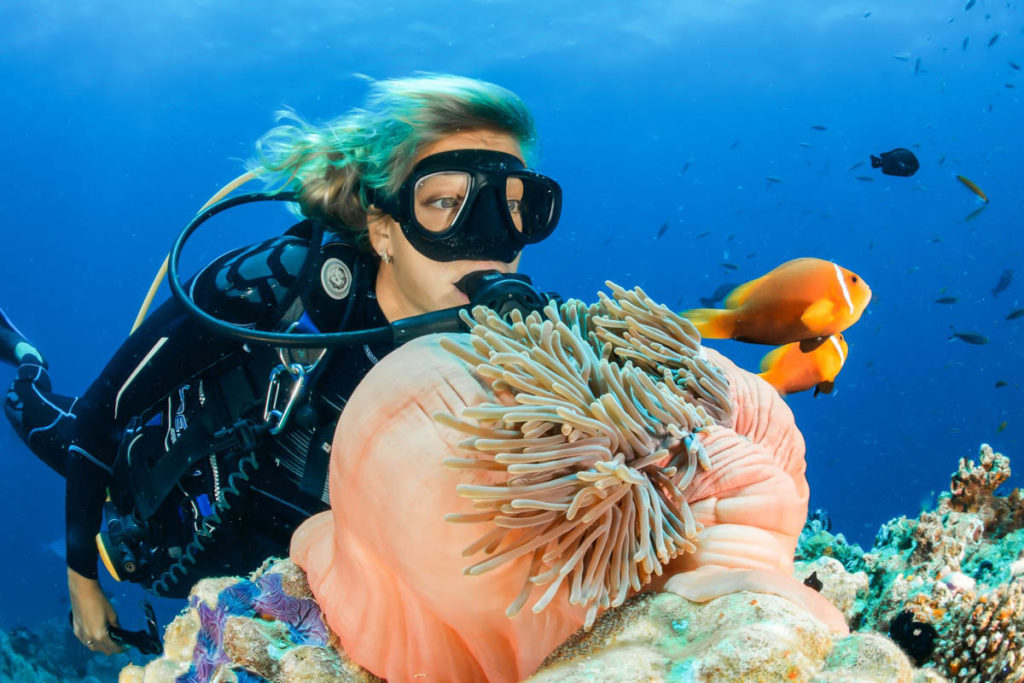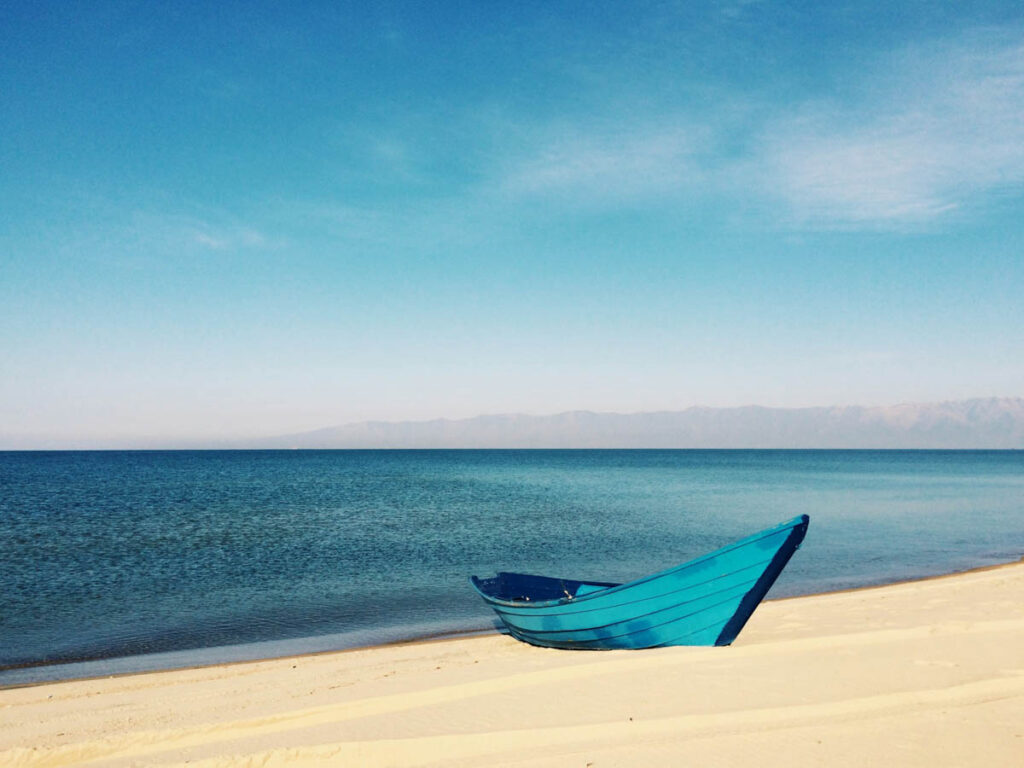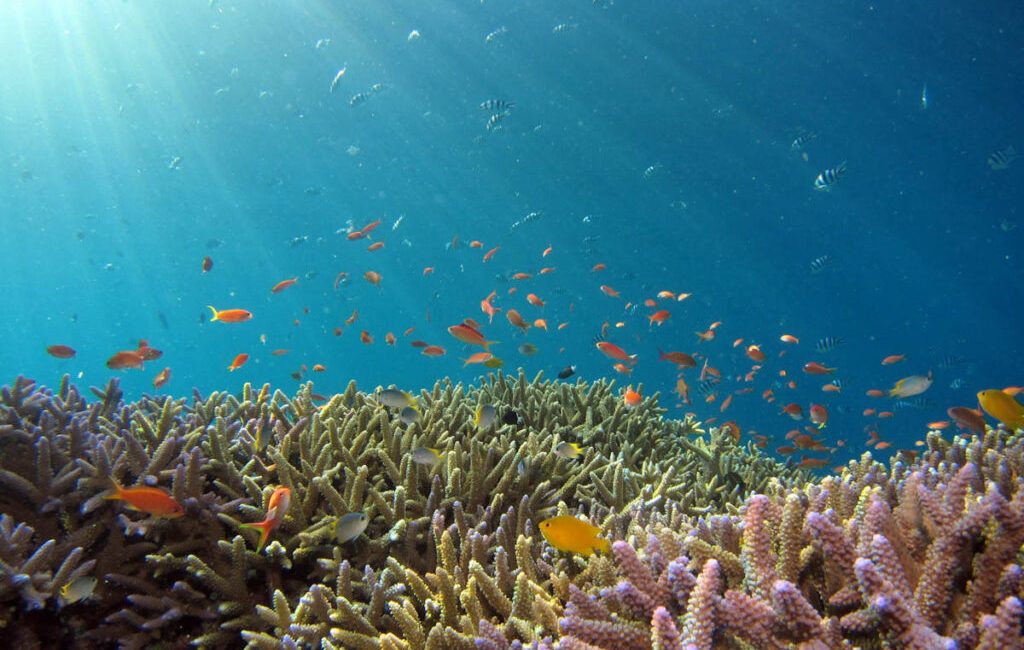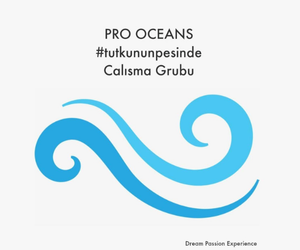Scuba diving opens a portal to a breathtaking underwater world of coral reefs, kelp forests, and stunning marine life. But for many people, the question of witnessing such a landscape first hand isn’t just around holiday planning, it’s can I ever learn to scuba dive?
The challenges of scuba diving with a disability
It’s no secret that scuba diving can be physically demanding, with heavy gear, strict safety protocols, and the necessity to be able to react quickly. However, this is being challenged by various organisations, who are working to adapt the sport and prove it’s doable for anyone with the right support.
Internationally, disabled people have the right to enjoy full participation in cultural and recreational activities, including watersports like scuba diving. But laws only go so far, and true accessibility depends on the willingness and investment of dive operators to provide adaptive equipment and services, and to employ highly-trained instructors.
But there are those who are rising to the challenge – Disabled Divers International, Dive Ability, and Diveheart are all organisations focused on changing the narrative and making diving more accessible. They offer specialised training and certification programmes for both divers with disabilities and instructors, ensuring safety on both sides.

Adaptive diving and how it works
To make scuba diving accessible for people with limited physical ability, the equipment, instruction, and procedures all need to be tailored to suit individual needs. Here’s how operators make it possible:
Customised equipment: From buoyancy compensators with larger controls to full-face masks that simplify breathing, gear can be modified based on mobility or dexterity limitations.
Trained dive buddies: Certified adaptive buddies and instructors are trained to assist with entry, navigation, communication, and emergency situations underwater.
Alternative entry points: Those who may find it difficult to enter the water from a boat, such as wheelchair users, can do so via ramps, lifts, or from the shore with the right support.
Modified training: Instead of a one-size-fits-all approach, specialised diving programmes break down the skills needed to dive into manageable steps, accommodating and adapting to different abilities along the way.
Tips to get started
If you or someone you know is curious and wants to try scuba diving, having a disability shouldn’t get in the way of that. Depending on the nature of your disability, it may be worth consulting with your doctor or a health professional to ensure there are no health risks to you diving.
Look for an instructor certified by an adaptive diving association, and begin with an introductory session in a pool or somewhere with calm, shallow waters. This ensures a low-pressure, safe environment to get used to breathing underwater. Once you’ve qualified, be sure to select accessible dive sites and providers when exploring new waters. Before booking, ask about transportation, entry points, bathroom facilities, and what adaptive gear they can supply.

Photo by Mickey O’neil on Unsplash
The ocean is for everyone
Scuba diving offers an unmatched sense of freedom for many people, perhaps even more so for those with a disability. As society grows evermore inclusive, awareness is a major barrier that needs to be overcome. Many people with disabilities don’t realise that diving is even an option for them, but it can be, and there are people working to make underwater exploration more accessible. With the right support, diving is less a matter of ability and more a matter of access, which is something we can all fight for.
THE SCUBA NEWS Link !
DemirHindiSG 13 Temmuz 2025-17:55




